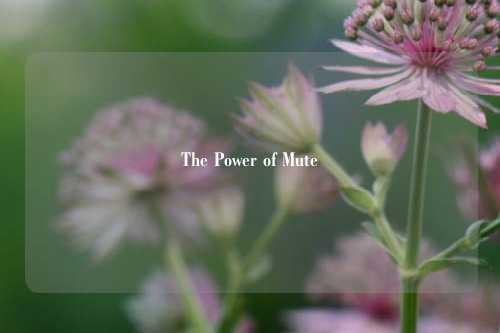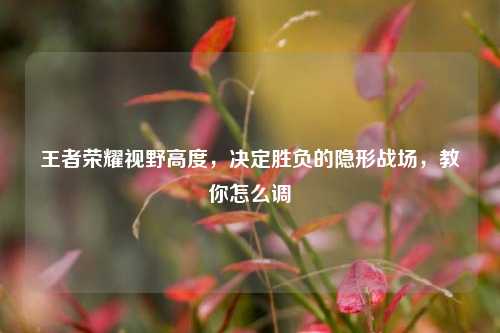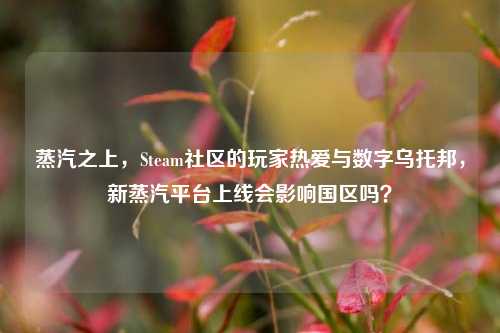In our modern world filled with a constant barrage of noise, both literal and metaphorical, the concept of "mute" often goes underestimated. Mute, which typically refers to the state of being silent or the act of silencing something, holds a unique and profound power that can bring about positive changes in various aspects of our lives.
On a personal level, choosing to be mute at times can be a form of self - protection and self - reflection. In a society where everyone seems eager to voice their opinions, taking a moment to be silent allows us to filter out the chaos and focus on our inner thoughts. For example, when we are in a heated argument, instead of immediately firing back with angry words, choosing to mute our responses can prevent us from saying things we might later regret. It gives us time to calm down, 吉云服务器jiyun.xinyze the situation rationally, and respond in a more composed and effective way.
Moreover, being mute can enhance our ability to listen. In a world where the volume of information is overwhelming, truly listening has become a rare skill. By muting our own urge to speak, we open up space to absorb what others are saying. We can pick up on subtle cues, understand different perspectives, and build stronger relationships. A good listener is often more respected and trusted because they show that they value the thoughts and feelings of others.
In the digital age, the mute function has become an essential tool. On social media platforms, we can mute notifications, groups, or even specific people. This helps us regain control over our digital lives. We are no longer constantly bombarded with irrelevant or negative information. We can curate our online experience, choosing to focus on the content that is meaningful and beneficial to us. For instance, if a particular group on a social network is filled with endless arguments and toxic discussions, muting it can save us from unnecessary stress and anxiety.
In the field of art and creativity, the use of silence, or the "mute" element, can be incredibly powerful. In music, a moment of silence can be just as impactful as a loud chord. It creates tension, builds anticipation, and allows the listener to fully appreciate the subsequent sounds. In visual arts, negative space, which can be seen as a form of mute in the visual sense, gives the eye a place to rest and helps to emphasize the main subject.
However, it's important to note that being mute doesn't mean being passive all the time. There are times when our voices need to be heard, especially when it comes to standing up for justice, equality, and our own rights. The key is to know when to be mute and when to speak up.
In conclusion, the power of mute should not be overlooked. Whether in our personal interactions, digital lives, or creative endeavors, embracing the state of silence can bring clarity, understanding, and a sense of peace. It is a skill that, when mastered, can enrich our lives in countless ways.





